

I’ve come to the realization that my “20 cards per day” in Anki is only 10 actual words per day, meaning I’m making half as much progress as I thought I was. I’m currently doing about 10 seconds per card, but I’m averaging 30 minutes to even 1-hour per session of ~100 cards these days (somewhere between 180 views to 300 views).
I’d like to increase this to 20 words per day, but honestly its already very grueling, and I don’t want to spend all my freetime each day on Anki. I still haven’t made much progress in Nico’s Weg, Basic German Grammar and Workbook, and Cafe in Berlin / Dino in Germany A1 series. If anything, I need to cut my Anki time down and focus on the other stuff. Maybe when I finish my textbook studies I can go back to increasing Anki to more cards/day.
I did watch Ghosts (German edition) here last night: https://www.ardmediathek.de/serie/ghosts/staffel-1/Y3JpZDovL3dkci5kZS9naG9zdHM/1 . Watching full-speed German comedy for the first time is mind-opening, it shows how “fast” real German can be. I fortunately found some English fansubs + OpenFansubs Firefox plugin that allowed me to watch that sitcom with English subtitles at least. I do plan on watching more German TV to “get used to real life German”.
“Peppa Pig” / Peppa Wutz in German is a commonly recommended Children’s TV Show to test your German. I’ve been trying to watch it each week to gauge my progress, often disheartened at how little I understand. However, various people online have told me that Peppa Wutz might be closer to “late A2” studies or even “early B1 studies”, so that makes me feel better. It does mean that my “schedule” is all out of whack due to lack of understanding. Peppa Pig/Wutz being late A2 means its something I “should” be trying maybe 4 or 5 months into my studies, not something in my 1st or 2nd month.
Still, I’ll keep trying Peppa Pig. “Real German” (even if its slow and for children) is more immersion than most other exercises. But I cannot and should not use it as “comprehensible input” (ie: learning material). The goal of comprehensible input is that you spend maybe 80% to 90% of the time doing something you know, and only learning on those 20% to 10% you don’t know. “Cafe in Berlin” reading material, Nicos Weg, and “Simple German Youtube” are the only stuff that really is “Comprehensible Input” right now.
The “simplest of kids songs” (ie: Backe Backe Kuchen) is comprehensible to me right now, but many kid songs (ie: “Im Walde von Toulouse”) are far, far too difficult for me right now.














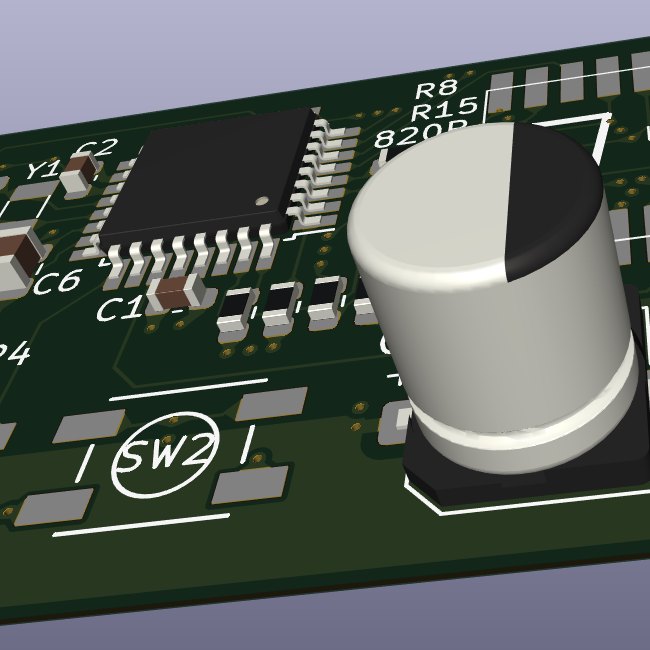
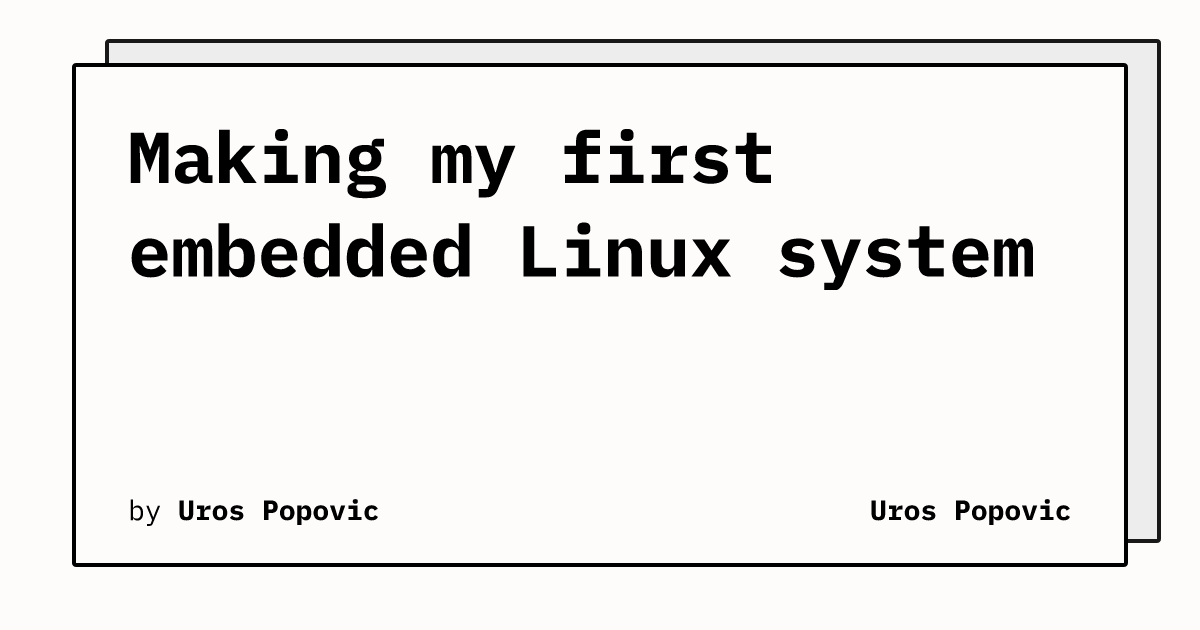
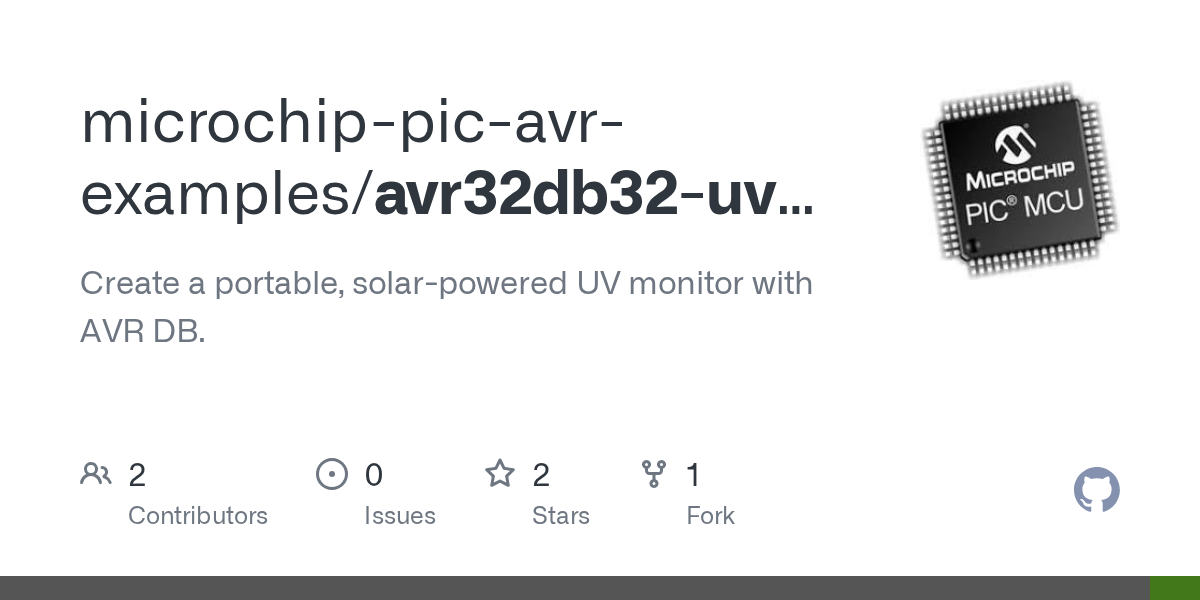
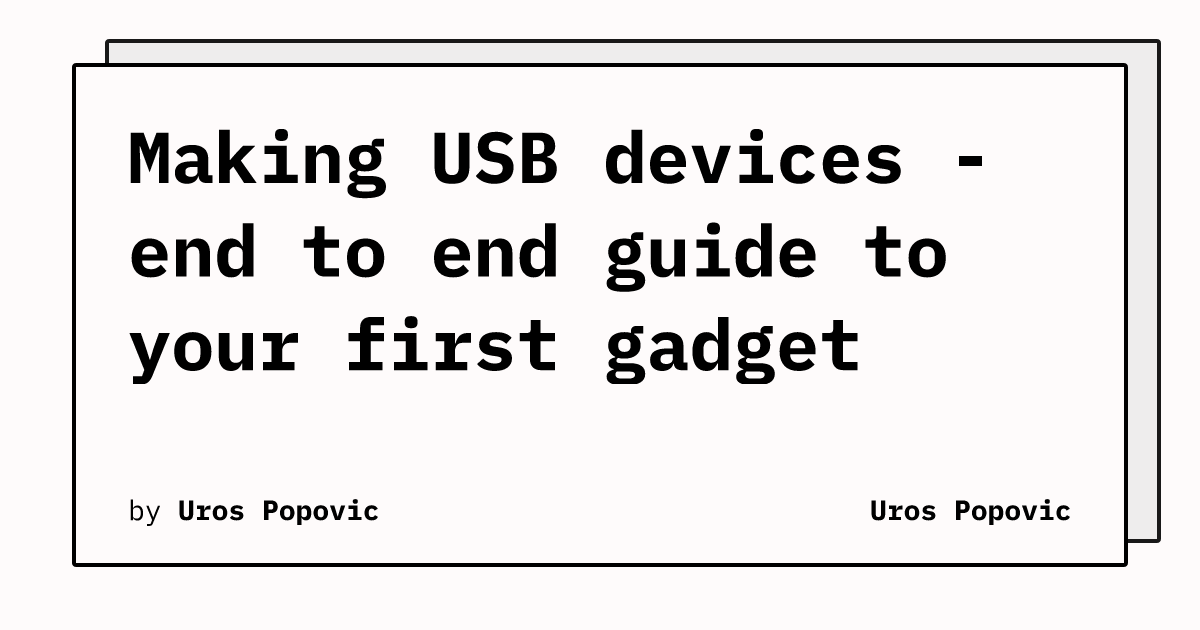
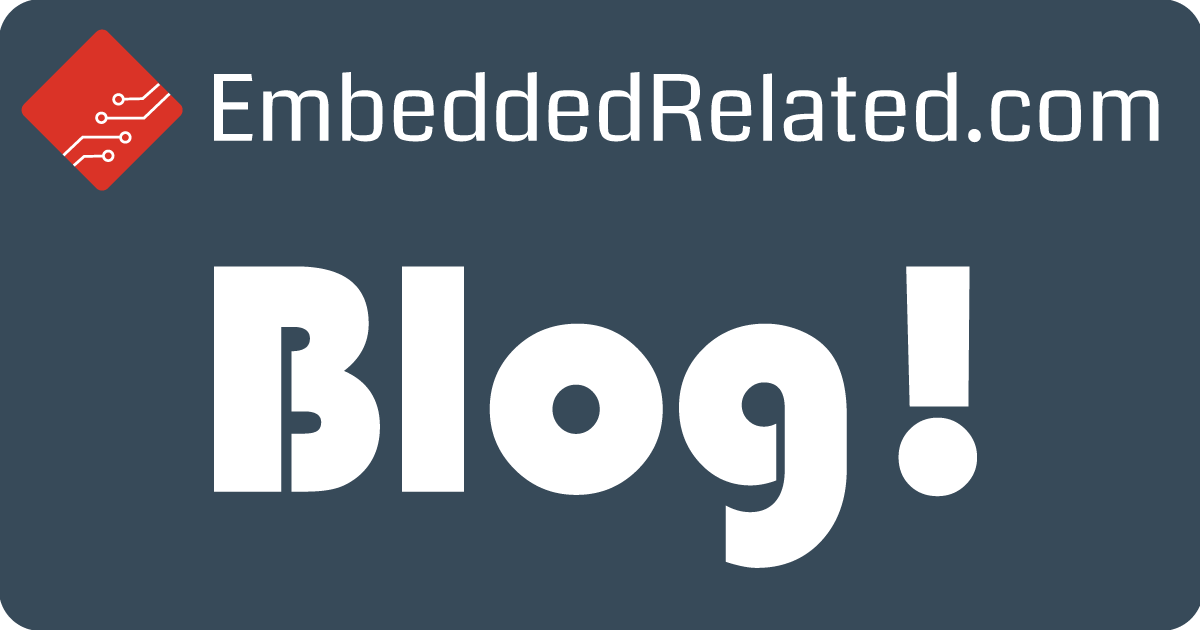
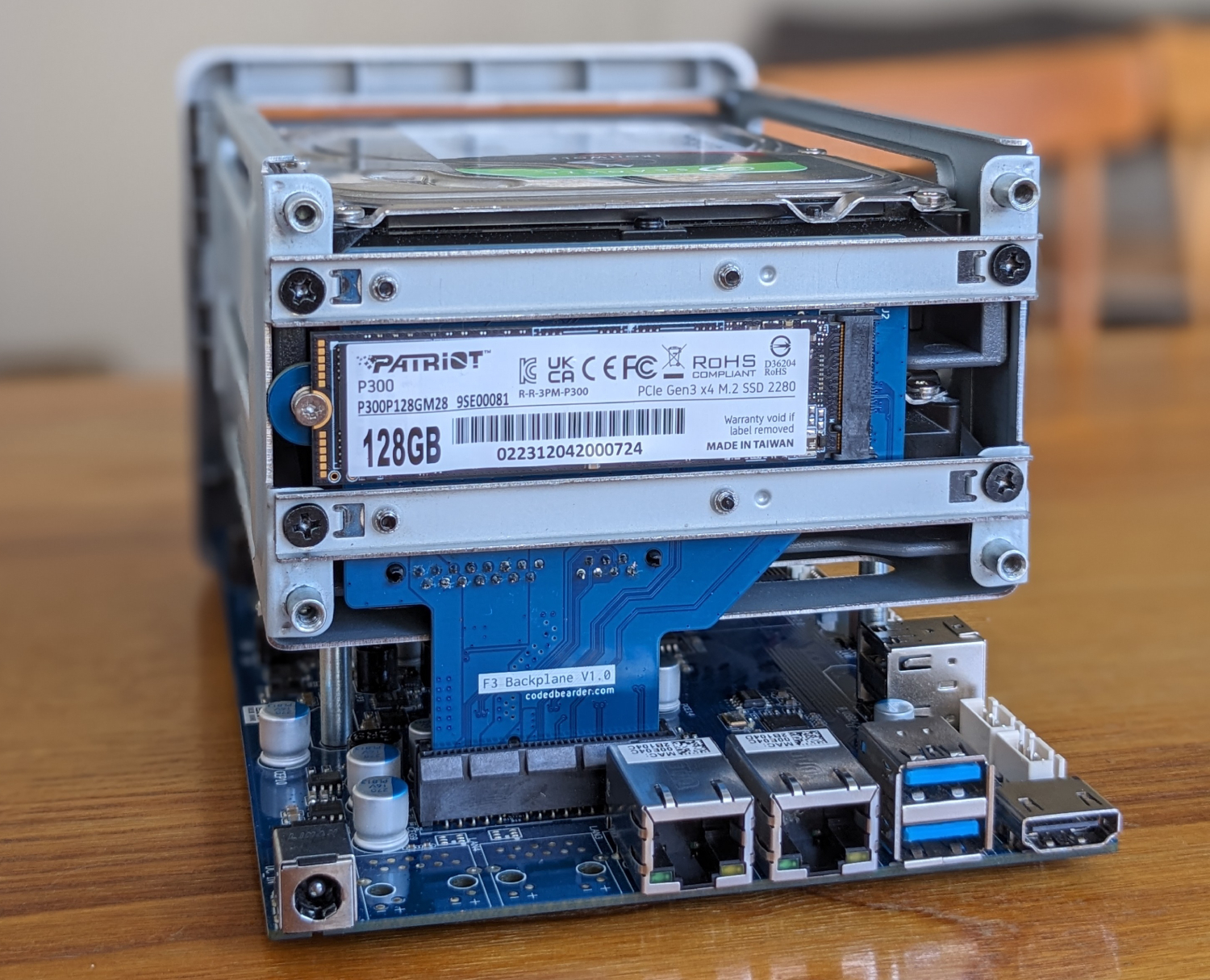

80% recall for Young cards. It’s pretty bad for any card 1 day or less, but I guess I’m reasonably confident that 2-day or larger interval cards have very high chance of me recalling.
An hour is a bad day where I need lots and lots of reviews. But it happens sometimes.
Maybe I’m trying too hard to recall without failing myself.
I will say that I am aiming at perfect spelling, pronunciation and gender. So ‘Das Stadt’ is wrong (Die Stadt is the correct Gender). But German is a very precise language and I feel it necessary to drill at least to this level.